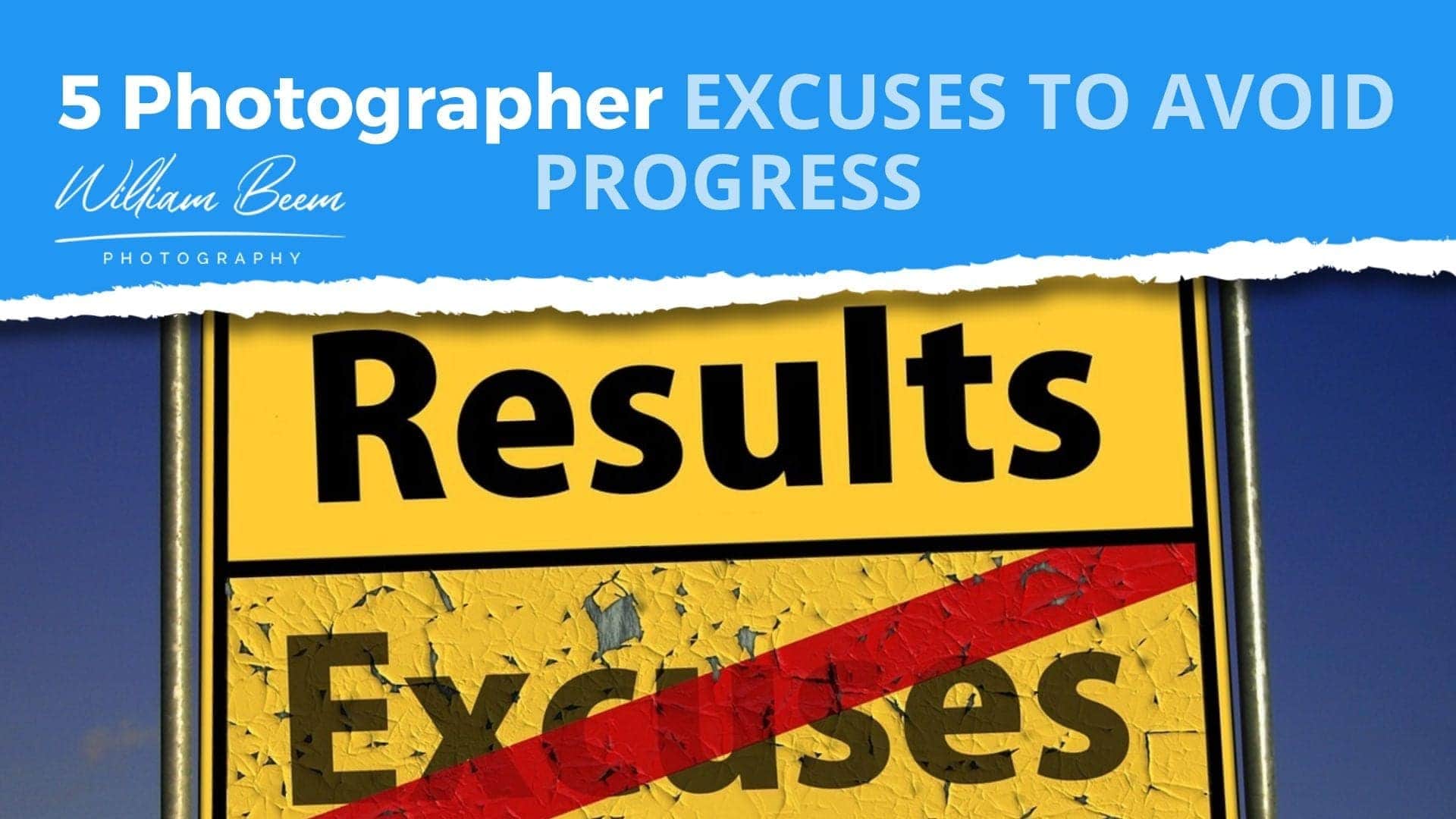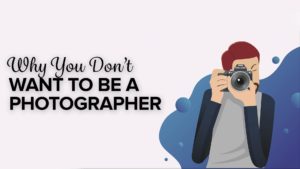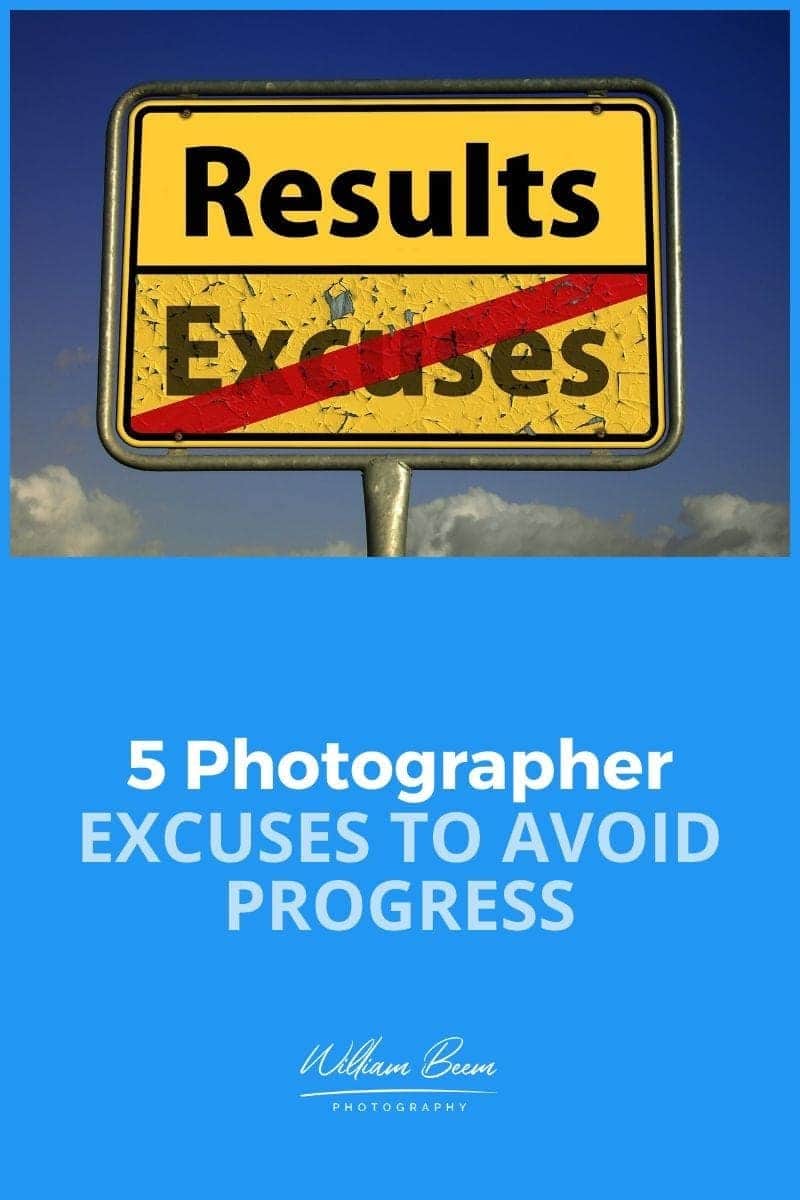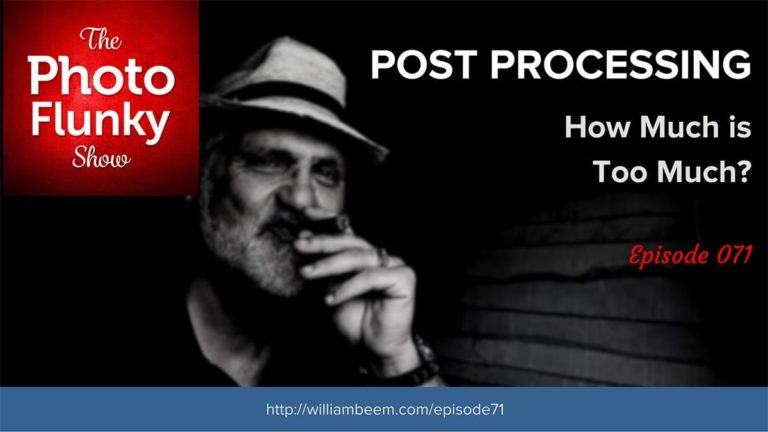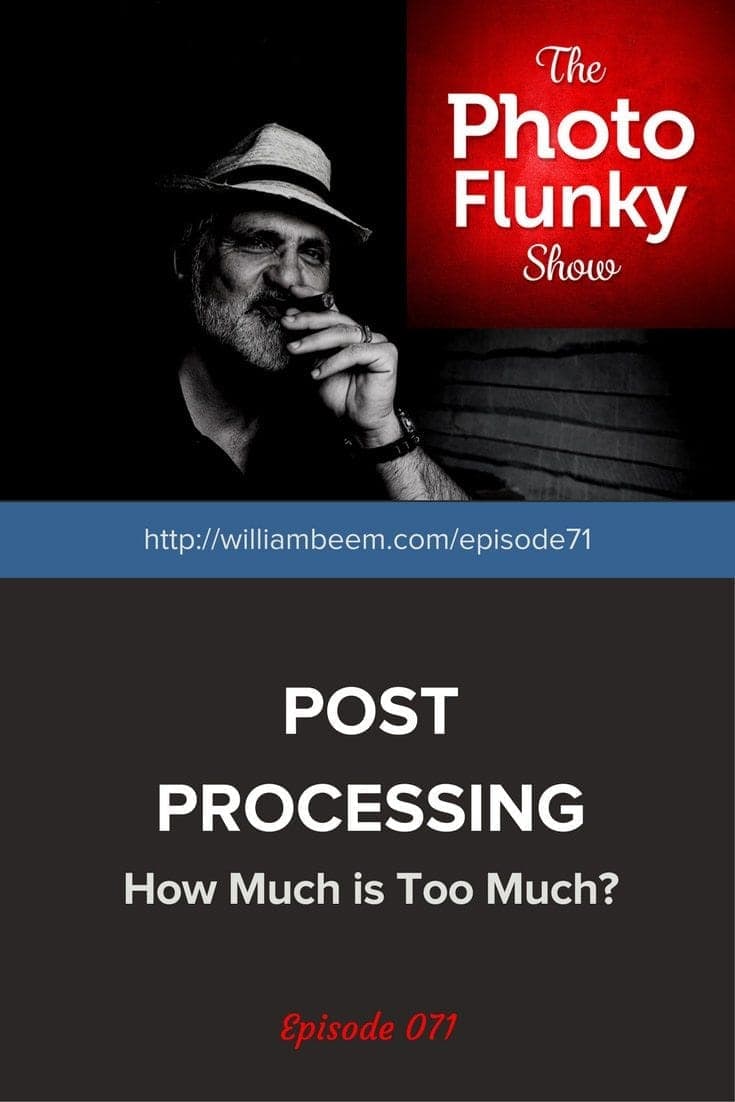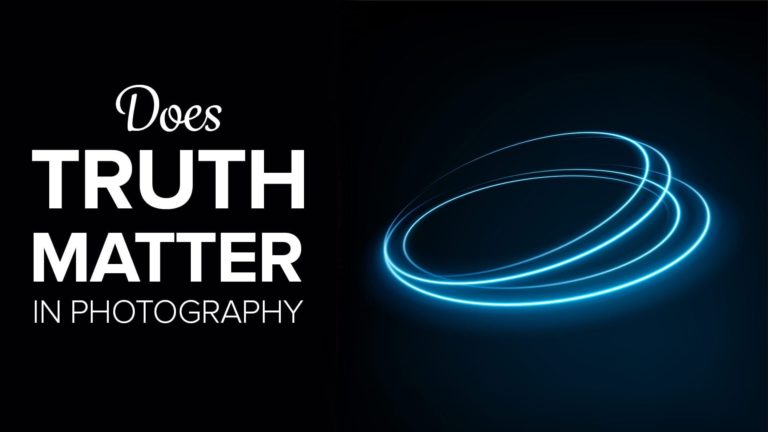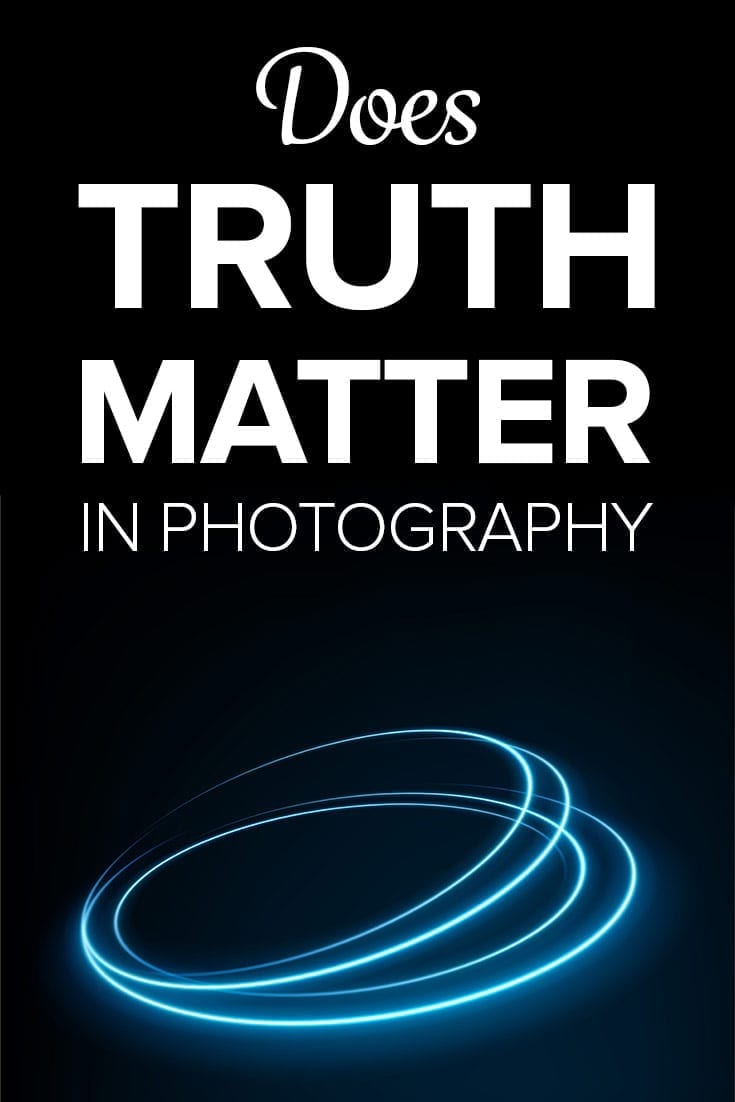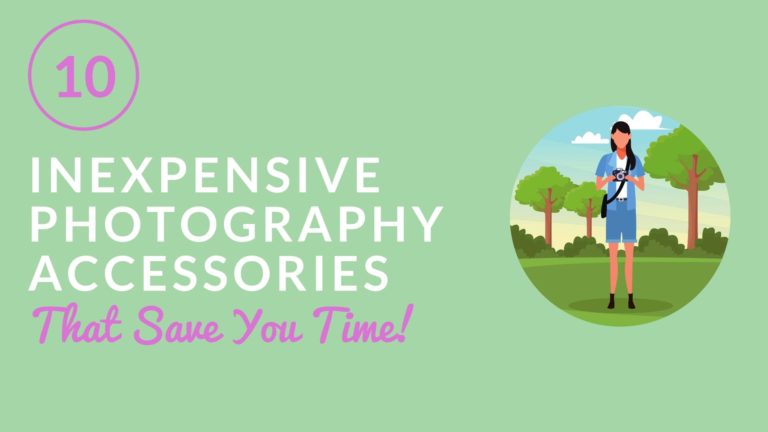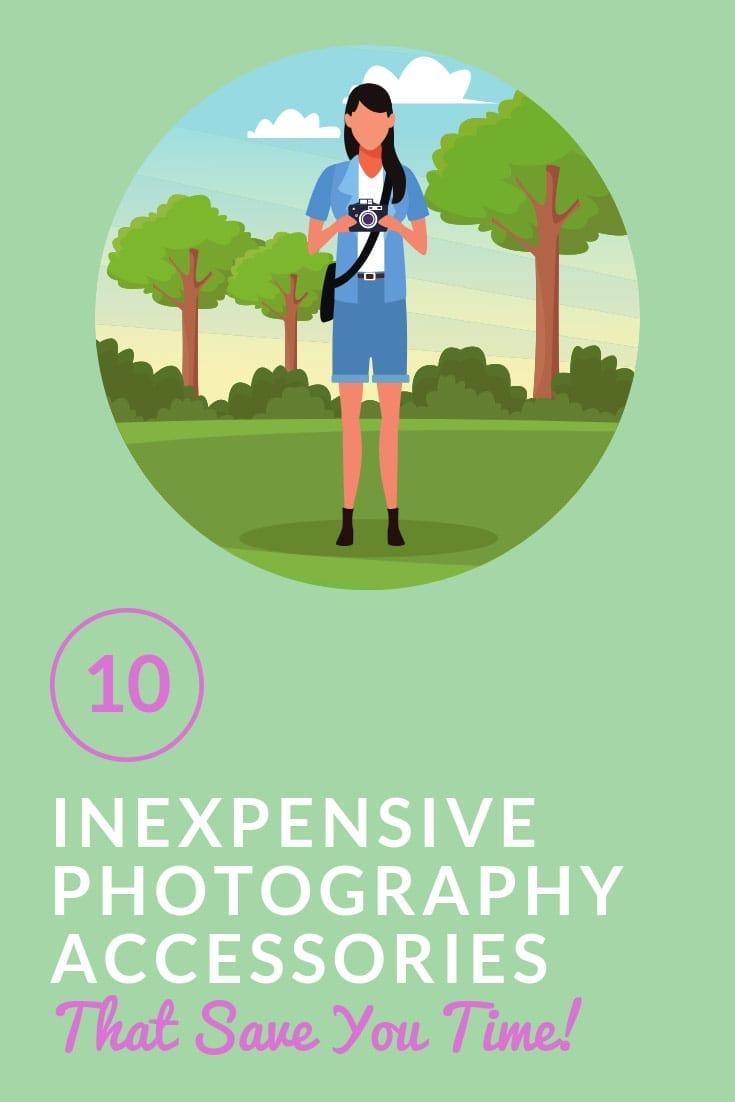Affiliate Disclosure: We earn a commission if you purchase through one of our links at no additional cost to you.
Photographer excuses are how we fail. I’m as guilty as anyone else about making excuses to avoid making progress in my photography, at least at some times.
In this episode, we discuss 5 of the most common photographer excuses that I’ve heard. If you’ve heard yourself making these excuses before, don’t worry. We’re here to help.
5 Photographer Excuses and Why We Make Them
The five excuses we find photographers make are pretty simple:
- Not enough time
- I’m not at that level
- Photography is expensive
- I don’t have the right gear
- The light isn’t good
When you look at those excuses, the thing that comes to me is one of these two reasons:
I don’t know anyone who was born with a camera in their hand. We have to learn photography techniques and also creative compositions.
The best way to achieve either of those goals is to practice our craft.
Yes, we’re going to suck at times. Don’t fear failure. Just analyze your work, think of something you could do better, and keep on going.
If you truly aren’t interested in photography as a priority, that’s OK. Just don’t make excuses about it. Be honest with yourself and move on to what really interests you.
In short, stop worrying about what other people think and you’ll do better for yourself.
Time Stamps
One of the most important things that we do in photography, no matter what level you're at, is to make progress. In other words, to always be working to advance, to improve and make yourself better at your craft. Unfortunately, there are times that we just simply have a lot of excuses, and those excuses get in the way of our progress. And that's what we're going to talk about today.
On I Like Your Picture. I'm William Beem. Welcome to, I Like Your Picture. The show that helps you improve your photography with visual storytelling. What is visual? Storytelling is a method of approaching your photography with a knowledge of who you're trying to serve with your photos and what emotion you want to make them feel. We encourage you to concentrate on your subject,
light and background to create a photo. Your audience loves. I'm glad you found us. Hi, I'm William Beem, I'm Lee Beem. Today. We're going to be talking about excuses and excuses are kind of how we fail as photographers. We want to go over a little bit about what excuses really mean and why it's important to make progress with your photography. Lee I'm going to throw this one at you.
You're actually very much a busy body. You really don't make excuses. I'm not used to hearing you make excuses, but think about people you know, that have made excuses in anything in life. It doesn't have to be photography. Do you have an understanding of why people make excuses? Absolutely. Uh, it's probably the same reason you don't hear me making excuses.
That doesn't mean that I do everything. Excuses come when there's something that you feel like you could or should be doing something, but you don't want to commit. And the reason that I've they're really make excuses, cause I'm very much an all in or all out person. I think very carefully before I decide to start something. But when I start, I've
already decided I'm going to commit at least for a reasonable, reasonable amount of time and effort. And I'm going to do what it takes to make some kind of progress. So excuses are really the way I see it, are self justification for not committing to something. I think that's part of it. Definitely. It's a matter of prioritization as well.
It's like, yeah, I say, I want to do this, but you know what? It's not really the most important thing on my agenda right now. So I'm making an excuse rather than just come out and say, no, I'm not gonna do it. It's like you are in and out. If you don't want to do something, you don't make an excuse.
You simply say, no, I'm not doing that. The other part of excuses, I think there's a little bit of fear and intimidation. Sometimes when people make an excuse that not because they don't want to do something. I think there's a bit of concern that they're, they don't want to be embarrassed doing something. I think everybody has some inherent fear of failure.
But if you think about it is failing while attempting some thing actually worse than not even trying? Never knowing if you could do it. We're not all cut out to do everything. These reasons are not necessarily related to talent or abilities. Sometimes, there's just like, it could be circumstantial. I think people are just afraid of failing. Definitely is a certain amount of afraid of failure.
There's a certain amount of, it's not that important to me, which if that's the case, just kind of accept that and come out and say, no. Yeah. You don't need to make an excuse to somebody else or even to yourself, if you're really not that interested, if it's not a priority, if it's something you're gonna get to later,
you gotta kind of think, is that an excuse? Am I telling myself, am I really going to get to it later? Or should I just say, you know what? I'm not doing this. The other part about excuses. You never come across well making excuses. And you're not a person that makes excuses, but I know that I have in the past. Afterward,
I make an excuse. I thought, wow, that was weak. There's the little self recrimination because I made an excuse. Well excuses. Usually we always think there, we try to explain ourselves. And I think I actually wrote a blog post, totally unrelated to photography. It was a year or two back on the same vein. Sometimes making an excuse is really trying to persuade yourself that you're okay with whatever you feel like or don't feel like doing.
I remember I had a trainer when I used to go to the gym and she hated people who said I don't have time. And that's the first of the common excuses, not just for her photography. I think for anything. I don't have time. Yeah, honestly, she would say I get up every morning at, she had to be at work at 5:30.
And I know you, when you go out for your runs, you're getting up. What? Close to five o'clock now. Yeah, usually just before five. I mean up until earlier this year for the, for the last two or three years, I was getting up between four o'clock and four 25 just depending on In, not everybody can do that.
Depends on what their circumstances are. Maybe they're taking care of somebody else. I get that. But the idea that I don't have time, if this is important to you, you make the time. That's how it happened. I mean, I think when I've, when I started getting up so early, I was working two jobs. The only time that I could not take away from work and not take away from my family was while everybody was sleeping.
And look, if I had little kids at home now I couldn't have done that. But I think the point is, if it's something you really want to do, you figure it out somehow. Well, that's what it comes down to. Is it something you really want to do? Or are you really so slammed? Maybe you are working two jobs and taking care of a family as well.
And you don't have the time. Then don't pretend that this is something that you're going to do. That's at least right now. Because when I say pretend, I don't mean in front of other people, I mean to yourself. There are a lot of things that I would love to do. My thought is I don't have time and I don't even try to do them.
The idea is I know what I'm concentrating on right now. And I'm devoting my time to that. Yeah. I can handle so much stuff. So I don't say I don't have time for the other things. I simply say, I'm not doing that right now. Yeah. Maybe one day. Sure. I'm okay. With maybe one day we have all have a list of maybe one day things that we're going to do.
But if you keep finding yourself saying, I don't have time, then you're not into photography. Just go ahead and admit that to yourself, save yourself some time and money. I get the idea that maybe you wish that you had time or whatever resources you needed to go pursue it. But it's not at the top of your list right now, either by necessity or desire.
Yeah. Don't guilt yourself in or out of something. If you actually do have time and you're just too lazy to get up and take the pictures. Well then stop saying, I don't have time. You're not a photographer. If that's your excuse, that probably sounded a little bit harsh. Didn't it? Well, you know what? Sometimes the truth hits hard.
Maybe. So the second one we had on our list is I'm not at that level. In other words, I don't want to try something because I'm afraid I'll fail. See if you're going to try something and you're already at that level. It's not really, you're not likely to grow that much, but anyways, yeah, We've already got this comment.
You've heard about a challenge And it's something somebody said to me that stuck with me, some time back. And I always think about it. If you already know the outcome of the challenge before the challenge, it's not really a challenge, is it? And the idea that I'm not at that level, the first question that comes to my mind is like,
well, what's your plan to get at that level if you don't try? You've got to reach beyond your level. The idea that you're going to do the same thing over and over again and never make progress, is it just boggles my mind. I do not want to be stagnant. I do not want to stay at the same level that I'm at.
And I hate the phrase, "take it to the next level." I don't know what the next level is. All I know is I want to continue making progress. And I really resonate with people who are trying to make progress. Yeah. Try something new, try something different. And it may work. It may not work, but try. You may find something that you're actually good at that you didn't know because you've never made the effort before.
But the excuse that I'm not at that level, I think that comes out of maybe a sense of intimidation or just a lack of confidence. I think generally people, these days are far more people pleasers than what we were a decade and further back. And I think part of that is because everybody's kind of in the spotlight now everybody's lives is almost kind of public in some way or another.
Most of us have a social media account, possibly multiple accounts. But things are getting shared and can be seen by people who, even if you call them friends, a lot of the people who are looking at your life and things that you share are not really that close to you. You almost feel like you're, you're exposing yourself when you try something.
If you make a statement about it. Well, I can tell you one thing about the people pleasing with the way I'm going on this list I'm not pleasing anybody. Again, I'm sorry if I'm, if I'm sounding a little bit nasty or I don't mean to be. All I'm trying to do is look at these excuses and think you really don't need to make excuses.
When I hear someone say I'm not at that level, I think they're concerned what other people's opinions are of them. I have the perfect answer for that. I don't care. I don't care what someone else's opinion of me. If they don't like what I do. That's okay. They'll find someone they do like. If someone does like what I do,
then I am very grateful. I appreciate, you know, when I get nice feedback, I think we all do. But if I'm not doing something that is what you or another person wants to see, then that's okay. I'm going to continue on my path. I have the self confidence to continue on my path and also the desire to improve the path that I'm on.
Yeah. So it's not a matter of worrying about not at that level. I know I will not get to whatever next level there is. If I don't make an effort and try, Oh, that's true. I mean, I've just finished it a challenge. And I wasn't at the level at which I set my goal, but I put it out there.
And I think maybe it's just because I've gotten older, but I'm actually not afraid of failure because I didn't really see what people term a fail as a failure. I look at fails as that was my best attempt, but if I set a pretty lofty goal and I hit it. Now, I'm not sure whether or not I would have reached that goal as comfortably as I did,
if I hadn't put it out there and had a little bit of peer pressure help from people who, some of them were people, I kinda know. A lot of them were complete strangers, like kind of put it out there. And that that's kind of for accountability. So sometimes that's what you need to do as well as like, just figure out what, what brings out the best in you get yourself a bit of accountability.
You know, share your goal. My whole thought for "I'm not at that level" is that's okay. I didn't start off at any level at all. None of us were born photographers, but you get there by trying to be better than you are. So if you want to get to that level, you've got to try and be okay if you fail.
You're going to fail. I failed many times. Everybody else around us with a camera is also failed at whatever level they're at. They failed trying to get there. And then little by little, you put the pieces together and that's how you get to that next level that you want. And I swore I wasn't going to say take it to the next level,
but I did. And honestly, that's the whole idea. Don't be embarrassed, afraid, or concerned other people's opinions. Do what you do. Find the people that are willing to give you some constructive criticism. I don't mean critiques banging you up, back and forth. I'm talking about people saying, "Hey, here's how I do this." Or "here's something that you could try."
That's all I need. Yeah. Helpful input. Even if you don't get helpful input, just keep trying, observe your results and say, okay, what happens if I tweak and change this? That's really all there is to getting to from the level that you're at to the level that you want to be. All right. Number three, this is a favorite one for photographers.
I don't have the money. I seem to work around that one. I don't want to say that Lee is the cheapskate, but she not only got her DSLR for free. She got them to pay her to take it. I'm not kidding, but that's another story for another day. We'll save that for time. It's not like, you know, we're sitting in poverty or anything,
but I've just always been one of those people. I like to use what I have before I go off and buy more stuff. I've just never seen the point in getting stuff I don't need. Maybe it's cause I don't care for clutter. I just use whatever's around. And it, it helps me to improvise as well. I have clutter. I have stuff that I've bought with an intention of using it.
But that intention doesn't always appear. No, it does not! Lee is often said, what did you buy this time? Well, if she didn't say it, there there's a look of in her eyes. That's okay. All those stories you hear about the women going off with a credit card. In our house to see all the way around. I don't leave with a credit card.
I can do all that from my computer. But I'll tell you what I've learned from spending all that money is you don't really need to in order to get the results. Now I'm going to give you two different stories. One is from Scott Kelby and one is from Sue Bryce. A number of times I've heard Scott Kelby say, "did anyone tell you that photography is an inexpensive hobby?"
Which means that, you know, he's saying like some things you can do with basic equipment, some things you got to spend the money. So for example, if you're into sports photography, you want to go shoot a football game. There's a reason why all those pros have the 500, 600 millimeter lenses. You can't go on the field with your 200 millimeter lens and get the same shot that a guy has with a 600 millimeter lens.
It's just not going to happen. If you want to work with that kind of thing, or let's say wildlife photography, if you want to take pictures of bears, you don't want to get so close that the bear wants to eat you or your camera. Yeah. So that's another reason why you spend a lot of money or rent something that very big and expensive and go do it that way.
But for the most part, you don't need something really expensive. A DSLR, a low end. We'll take pictures that are very beautiful and no one's going to say, Oh, you didn't take that with the latest flagship camera from Canon or Nikon. Now the other side of this is Sue Bryce. She did a little educational thing, standing in a room
that's about the size of a small bedroom and a really wonderful big window. She put up some sheer curtains, like white chiffon, and that gave her diffusion. And then she got some V flats and then she's, she's done things like she gets some of them that she's painted. Some of them, she put down a type of wallpaper that has the little ridges and edges.
I forgot the exact name, but, and then she painted over that. So she made very inexpensive backgrounds. She's got free light coming into windows, as long as the sun is up. And she shot covers for magazines like Vogue and other ones that I don't know about from a very simple set up like that before she even got her Canon 5D. We're talking inexpensive DSLRs.
You can make beautiful portraits with good quality light. And all she had to do was find a window and put some diffusion up and then have a clean background. I mean, that's what I do all the time. Yeah. So The idea that I don't have the money, you don't need that much money to take really nice photographs. I mean really nice portraits.
If you're into travel photography, you're not really needing to have the best thing in the world to go out there. You don't certainly need a 500 or 600 millimeter lens. You don't need to have the high end camera to take nice travel photos. A lot of people go out there and take some interesting travel photos with just a basic camera and kit lens.
It's more important about the creativity and vision that you have in your head than it is about the gear. In most cases, you can take beautiful photographs. If you think about what you're going to do and think through the process more than worrying about saying, I have a nice camera. It takes great pictures. Yeah, Absolutely. Because I mean, you have to be doing something very,
very specific to even notice the difference between these like vast ranges and prices of cameras now. But I mean, even your entry-level cameras now are really, really good. And just moving right along, the next excuse is I don't have the right gear. I thought, well, have you tried using the gear that you have? Do you understand how it works?
And I'm, I know it sounds a little bit facetious. You want that great blurry background to think, Oh, I've got to have an 85 millimeter lens at F/1.4 or F/1.2 to get that and that no, you really don't. Yeah. I mean, I, I went through the usual thing when I started taking photos. You know, you start off with a kit lens and I wanted something with more reach.
And I don't know, I guess I, when I asked questions, I was persuaded that I needed to buy different lenses for wanting to get different photos, which is what I did. And I think are really just started to enjoy my photography when I sold the others and I stuck with, I think about an 18 to 105, I've got a nice 70 to 300 zoom lens and I've got a cheap,
one of the really old nifty fifties that's manual focus. And it's awesome. And I've, that's what I use on my DSLR. And we just posted one of your photos that you took, it looks gorgeous. You didn't need a big, expensive camera. What have you got, D7000?. And that was with an iPhone. People are raving about this thing. You know what?
She had a really good background. She baked a nice loaf of bread and cut it a slice off. And you decorated the set a little bit and you have great food photography on our kitchen counter with an iPhone. The light was coming in the window. I mean, I usually do it on the dining room table. It was a different time of day so that the light was better on the other side of the room.
And I just set everything up on the counter and threw some bunch of dried flowers out of a base on the sideboard down there to break it up and yeah, that's it. And you know what, the idea that I don't have the right gear, we mentioned specifically, like if you're doing football or wildlife photography, yeah. There's specific lenses that you may need for safety.
That's not a creative issue. That's simply a safety issue. You need that long reach because you don't want the bear to bite off your face. You don't want the football player to kick in your face. Those things I get. But if you're doing portraits, you can do portraits with the kit lens. You could get that little D7000, which is how many years old is that?
Oh, I did. I've had decades. Yeah. I'll close on that. If not a decade now it's probably about nine years old. I'm gonna guess. Yeah. And think about it. Most of the portraits that you're taking, don't have to be with glorious bokeh in the background. You find a nice background, put someone right there with a window light that I was talking about from Sue Bryce before.
That's what she was talking about, she says, if I have a basic camera and kit lenses, I can build up a portfolio and then start charging $2,000 for sessions and do magazine covers. She was confident with that. And maybe when she first started, she wasn't quite as confident, but now that she's done it, she knows this is all I really need.
Just need window light. You're looking for beautiful light. You've got a camera that can take a nice clean image. Maybe there are things that it doesn't do. Work with the things that it does do. Find one of the things that it does well, and more importantly, work on your imagination of how you visualize something, how you compose something and how you take the picture.
If it's going to be outdoors at night, then get a tripod. You know, some not everything has to be the perfect low-light camera to be the greatest camera that you need. Maybe that's not the right thing of style photography for you. Maybe you need a different camera. If you've gotta take action shots at a concert, which believe me, there's actually quite a bit of light on those stages.
But the idea that I don't have the right gear is really an excuse work with what you have. Build up your confidence. You'll find it. It will do a lot more than you're expecting. Since we talked about light, this is my favorite one, "the light isn't good." Then move or change it. This is one that I hear people talking about.
Usually when the sun is like overhead, it's like, Oh, it's crappy light. I'm not going to take any pictures. I thought, well, that's nonsense. You can diffuse the light. You can put a person in the shade. You can have them turn their face toward the light, close their eyes. Because honestly, usually the problem that people have with harsh light is that they're squinting and they don't look well,
we'll have them close their eyes. You'd give them a countdown. Say three, two, one. They open their eyes. You click the shutter right away. And then you've got a photograph making squint again. Yes. So there's always an excuse for why the light isn't good. Shooting in crappy light is one of the skills that you need to overcome. You go back to the second thing we mentioned.
Like I'm not at that level. Well, one of the ways that you get to that level is learning how to bend and mold the light to work with what you want. Yeah. And how to improvise things. You cannot afford, or that you don't have, or didn't bring with you at the time. So that kinda covers all the other stuff.
I think the most common excuses that I hear, I mean, can you think of anything else that I didn't go over? Those cover the usual things. I think that pretty much sums it up. There obviously extras that fan off of each of those, but, and we didn't come up with this list of excuses to try and beat up on anyone. I mean,
obviously we can't see you from here and we can't see your photograph. So when we're having a conversation the other night, we were having a conversation the other night and that's where this came from. And it was also something I heard someone else say, photographers will find a way to make themselves fail. And usually it's with a lack of confidence to say,
Oh, I can't do that because of this. I can't do that because of this. And the answer is actually, yes, you can. Don't set yourself up with limiting beliefs. And it's those limiting beliefs that are really holding back your photography more than anything else. If you can get past that, you'll be amazed at what kind of portraits you can end up taking.
Thank you so much for joining us on I Like Your Picture. This is going to be episode 229. So show notes are going to be available at williambeem.com/episode229. Hey, we would love it if you would subscribe to the podcast, if you are on your device and there's a way to subscribe. That sounds good. If not,
just go to the show notes or you can go to Williambeem.com/itunes to subscribe there. I think we've got a link for Google Play also on the show notes and on the player, that's on the show notes page. You need to have a little dropdown. Maybe you can hit subscribe on Spotify or whatever else makes you happy. Thanks so much. We'll see you again next week.

